When it comes to selecting the perfect sweet, chewy fruit to incorporate into your diet or baked goods, jujubes and dates are two popular options that often get compared.
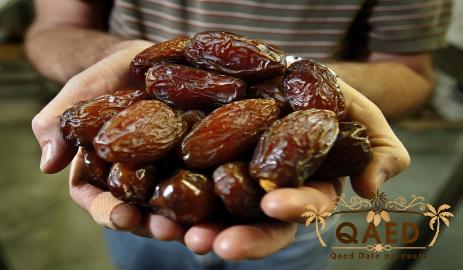
.
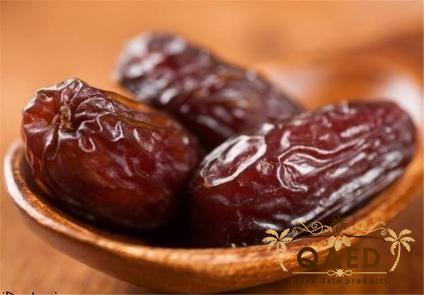 These two fruits, while similar in appearance and sweetness, have distinct differences in taste, texture, nutritional content, and culinary uses. Understanding these variations can help you make an informed decision on which fruit to choose for your recipes or snacking preferences. Jujubes, also known as Chinese dates or red dates, are small, round fruits that come from the jujube tree (Ziziphus jujuba). They have a wrinkled, reddish-brown skin and a crisp, apple-like texture when fresh. When dried, jujubes become chewy and sweet, with a flavor that is often described as a mix of dates and apples. Jujubes are commonly consumed as a snack or used in traditional Chinese medicine for their purported health benefits. On the other hand, dates are the fruits of the date palm tree (Phoenix dactylifera) and are most commonly grown in the Middle East and North Africa. Dates are elongated, with a smooth, dark brown skin and a soft, sticky texture. They have a rich, honey-like sweetness and a caramel flavor profile. Dates are a staple in Middle Eastern cuisine, where they are used in both savory and sweet dishes, as well as in desserts and baked goods. One of the key differences between jujubes and dates is their flavor profile. Jujubes have a mild, sweet taste with hints of tartness, making them a versatile ingredient for both sweet and savory dishes. Dates, on the other hand, have a more intense sweetness with a deep, caramelized flavor that pairs well with spices like cinnamon, cardamom, and nutmeg. In terms of texture, jujubes are crunchy when fresh and chewy when dried. They provide a satisfying crunch when eaten fresh and add a pleasant chewiness to baked goods when dried. Dates, on the other hand, are soft and sticky, making them an ideal ingredient for recipes that require a moist, chewy texture, such as energy bars, cookies, and cakes. Nutritionally, both jujubes and dates offer a range of health benefits. Jujubes are rich in antioxidants, vitamins, and minerals, including vitamin C, fiber, and potassium. They are also low in calories and fat, making them a healthy snack option.
These two fruits, while similar in appearance and sweetness, have distinct differences in taste, texture, nutritional content, and culinary uses. Understanding these variations can help you make an informed decision on which fruit to choose for your recipes or snacking preferences. Jujubes, also known as Chinese dates or red dates, are small, round fruits that come from the jujube tree (Ziziphus jujuba). They have a wrinkled, reddish-brown skin and a crisp, apple-like texture when fresh. When dried, jujubes become chewy and sweet, with a flavor that is often described as a mix of dates and apples. Jujubes are commonly consumed as a snack or used in traditional Chinese medicine for their purported health benefits. On the other hand, dates are the fruits of the date palm tree (Phoenix dactylifera) and are most commonly grown in the Middle East and North Africa. Dates are elongated, with a smooth, dark brown skin and a soft, sticky texture. They have a rich, honey-like sweetness and a caramel flavor profile. Dates are a staple in Middle Eastern cuisine, where they are used in both savory and sweet dishes, as well as in desserts and baked goods. One of the key differences between jujubes and dates is their flavor profile. Jujubes have a mild, sweet taste with hints of tartness, making them a versatile ingredient for both sweet and savory dishes. Dates, on the other hand, have a more intense sweetness with a deep, caramelized flavor that pairs well with spices like cinnamon, cardamom, and nutmeg. In terms of texture, jujubes are crunchy when fresh and chewy when dried. They provide a satisfying crunch when eaten fresh and add a pleasant chewiness to baked goods when dried. Dates, on the other hand, are soft and sticky, making them an ideal ingredient for recipes that require a moist, chewy texture, such as energy bars, cookies, and cakes. Nutritionally, both jujubes and dates offer a range of health benefits. Jujubes are rich in antioxidants, vitamins, and minerals, including vitamin C, fiber, and potassium. They are also low in calories and fat, making them a healthy snack option.
..
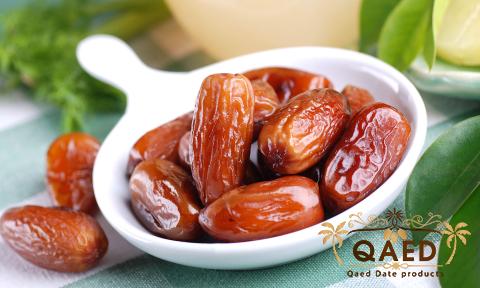 Dates, too, are packed with essential nutrients, including fiber, potassium, magnesium, and vitamin B6. They are a natural source of energy and can help regulate digestion and support heart health. When it comes to culinary uses, jujubes and dates have their own unique applications. Jujubes can be enjoyed fresh as a snack, incorporated into salads, stews, and soups, or used in desserts like pies, tarts, and jams. In traditional Chinese medicine, jujubes are believed to promote relaxation, improve digestion, and boost the immune system. Dates, on the other hand, are commonly used in Middle Eastern and North African cuisine to sweeten dishes, such as tagines, couscous, and baklava. They are also a popular ingredient in energy balls, smoothies, and date squares. In conclusion, both jujubes and dates are delicious, nutritious fruits that offer unique flavors, textures, and culinary possibilities. Whether you prefer the mild sweetness of jujubes or the rich, caramelized taste of dates, incorporating these fruits into your diet can add variety and health benefits to your meals. Experiment with both fruits in your cooking and baking to discover new flavors and textures that will delight your taste buds and nourish your body. When it comes to choosing between jujubes and dates, personal preference plays a significant role. Some may prefer the crisp and mild taste of jujubes, while others may lean towards the rich and caramel-like sweetness of dates. Both fruits can be enjoyed on their own as a snack or incorporated into a wide range of dishes to add flavor, texture, and nutritional value. If you are looking to add a crunchy element to your dishes or snacks, jujubes can be a great option. Their apple-like texture and mild sweetness make them a versatile ingredient in both sweet and savory recipes. You can chop fresh jujubes and add them to salads, stir-fries, or oatmeal for a burst of flavor and crunch. Dried jujubes can be used in baking, such as in cookies, muffins, or granola bars, to add a chewy texture and natural sweetness.
Dates, too, are packed with essential nutrients, including fiber, potassium, magnesium, and vitamin B6. They are a natural source of energy and can help regulate digestion and support heart health. When it comes to culinary uses, jujubes and dates have their own unique applications. Jujubes can be enjoyed fresh as a snack, incorporated into salads, stews, and soups, or used in desserts like pies, tarts, and jams. In traditional Chinese medicine, jujubes are believed to promote relaxation, improve digestion, and boost the immune system. Dates, on the other hand, are commonly used in Middle Eastern and North African cuisine to sweeten dishes, such as tagines, couscous, and baklava. They are also a popular ingredient in energy balls, smoothies, and date squares. In conclusion, both jujubes and dates are delicious, nutritious fruits that offer unique flavors, textures, and culinary possibilities. Whether you prefer the mild sweetness of jujubes or the rich, caramelized taste of dates, incorporating these fruits into your diet can add variety and health benefits to your meals. Experiment with both fruits in your cooking and baking to discover new flavors and textures that will delight your taste buds and nourish your body. When it comes to choosing between jujubes and dates, personal preference plays a significant role. Some may prefer the crisp and mild taste of jujubes, while others may lean towards the rich and caramel-like sweetness of dates. Both fruits can be enjoyed on their own as a snack or incorporated into a wide range of dishes to add flavor, texture, and nutritional value. If you are looking to add a crunchy element to your dishes or snacks, jujubes can be a great option. Their apple-like texture and mild sweetness make them a versatile ingredient in both sweet and savory recipes. You can chop fresh jujubes and add them to salads, stir-fries, or oatmeal for a burst of flavor and crunch. Dried jujubes can be used in baking, such as in cookies, muffins, or granola bars, to add a chewy texture and natural sweetness.
…
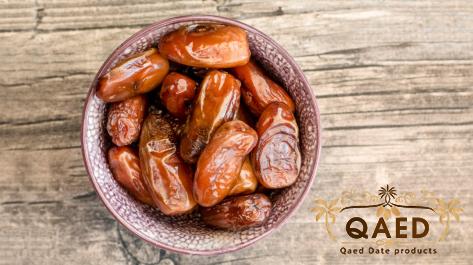 For those looking for a natural sweetener with a rich and complex flavor, dates are an excellent choice. Their sticky texture and caramel-like taste make them a perfect addition to desserts like date squares, energy bars, and sticky toffee pudding. Dates can also be stuffed with nuts, cheese, or herbs for a simple and delicious appetizer option. In Middle Eastern cuisine, dates are often used as a filling in pastries or blended into smoothies for a natural sweet boost. In addition to their culinary uses, both jujubes and dates offer various health benefits that make them valuable additions to a well-rounded diet. Jujubes are a good source of antioxidants that can help protect cells from damage caused by free radicals. They also contain fiber that supports digestion and potassium that helps regulate blood pressure. Dates, on the other hand, are high in natural sugars like glucose and fructose, providing a quick source of energy. They are also rich in fiber that aids in digestion, magnesium that supports bone health, and vitamin B6 that helps maintain brain function. Whether you choose jujubes or dates, incorporating these fruits into your daily routine can offer a delicious and nutritious way to satisfy your sweet cravings. Experiment with different recipes and cooking methods to discover the versatility of these fruits and how they can elevate the flavor profile of your dishes. Whether you enjoy them fresh, dried, or cooked, jujubes and dates bring a unique taste and texture to the table that is sure to please your palate and nourish your body. In conclusion, jujubes and dates are two fruits that may appear similar at first glance but offer distinct flavors, textures, and nutritional profiles. From the crunchy and mildly sweet jujubes to the soft and caramel-flavored dates, both fruits have their own unique charm and culinary uses. Whether you are looking for a healthy snack, a natural sweetener, or an ingredient to enhance your cooking, jujubes and dates can be valuable additions to your kitchen pantry. Explore the world of these flavorful fruits and enjoy the benefits they bring to your health and well-being.
For those looking for a natural sweetener with a rich and complex flavor, dates are an excellent choice. Their sticky texture and caramel-like taste make them a perfect addition to desserts like date squares, energy bars, and sticky toffee pudding. Dates can also be stuffed with nuts, cheese, or herbs for a simple and delicious appetizer option. In Middle Eastern cuisine, dates are often used as a filling in pastries or blended into smoothies for a natural sweet boost. In addition to their culinary uses, both jujubes and dates offer various health benefits that make them valuable additions to a well-rounded diet. Jujubes are a good source of antioxidants that can help protect cells from damage caused by free radicals. They also contain fiber that supports digestion and potassium that helps regulate blood pressure. Dates, on the other hand, are high in natural sugars like glucose and fructose, providing a quick source of energy. They are also rich in fiber that aids in digestion, magnesium that supports bone health, and vitamin B6 that helps maintain brain function. Whether you choose jujubes or dates, incorporating these fruits into your daily routine can offer a delicious and nutritious way to satisfy your sweet cravings. Experiment with different recipes and cooking methods to discover the versatility of these fruits and how they can elevate the flavor profile of your dishes. Whether you enjoy them fresh, dried, or cooked, jujubes and dates bring a unique taste and texture to the table that is sure to please your palate and nourish your body. In conclusion, jujubes and dates are two fruits that may appear similar at first glance but offer distinct flavors, textures, and nutritional profiles. From the crunchy and mildly sweet jujubes to the soft and caramel-flavored dates, both fruits have their own unique charm and culinary uses. Whether you are looking for a healthy snack, a natural sweetener, or an ingredient to enhance your cooking, jujubes and dates can be valuable additions to your kitchen pantry. Explore the world of these flavorful fruits and enjoy the benefits they bring to your health and well-being.

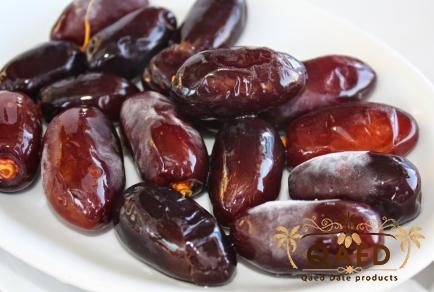
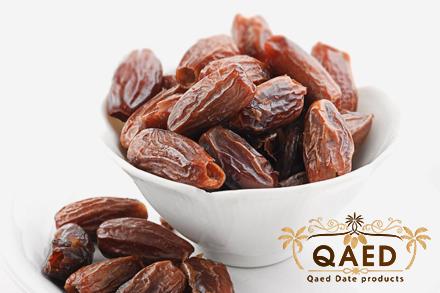
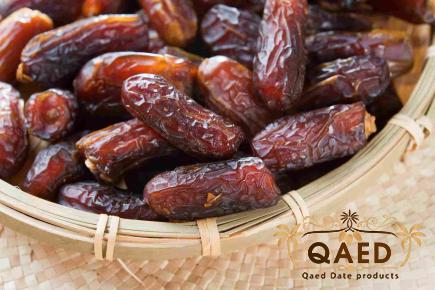
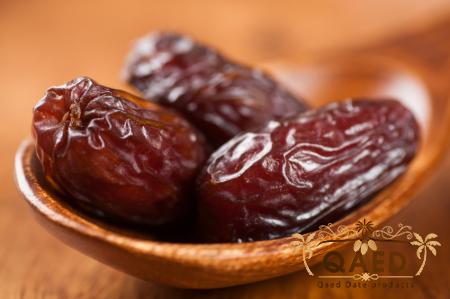
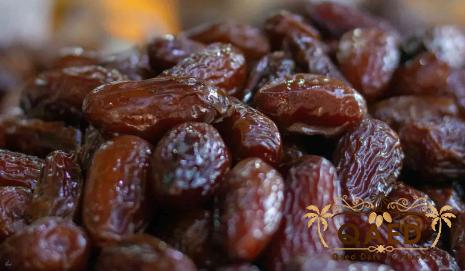
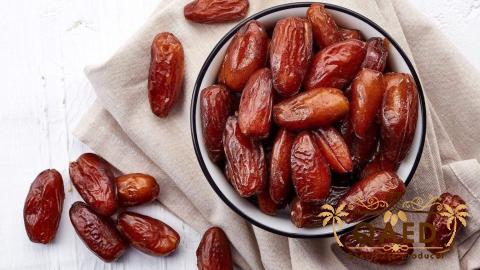
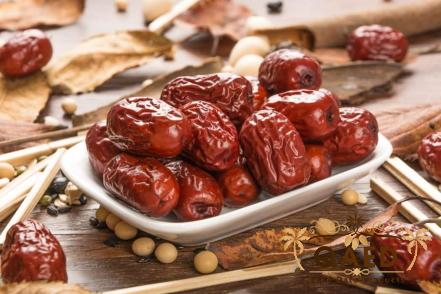
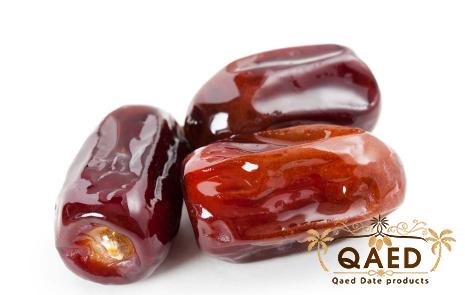
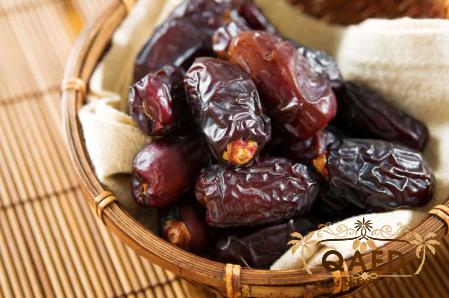

Your comment submitted.